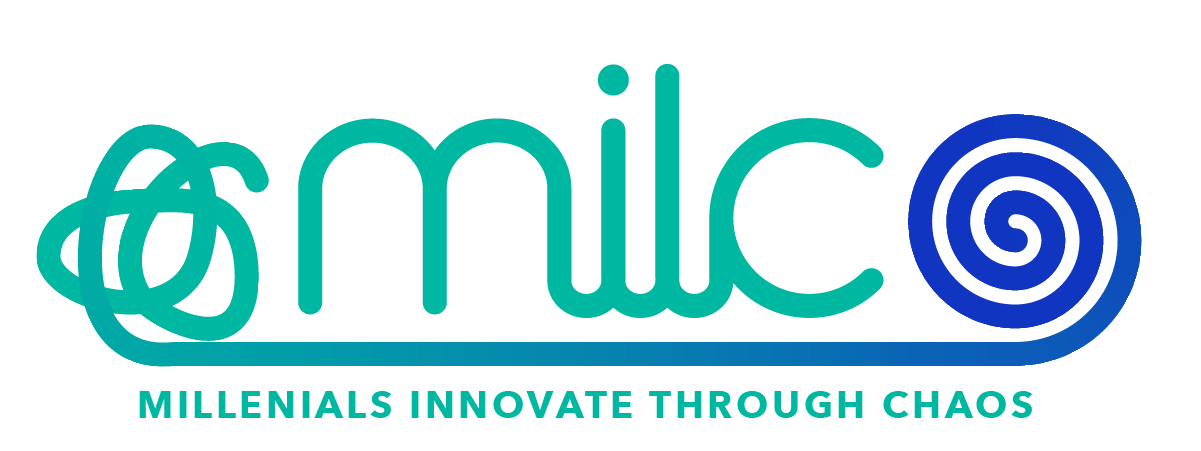
What is CREATIVITY?
“Creativity is a phenomenon whereby something somehow new and somehow valuable is formed. The created item may be intangible (such as an idea, a scientific theory, a musical composition, or a joke) or a physical object (such as an invention, a printed literary work, or a painting)” – Wikipedia
The act of bringing new and innovative concepts to life is what we call creativity. Ability to see things from fresh perspectives, discover patterns, and draw connections between seemingly unrelated phenomena are all characteristics of creativity. To be creative, one must first think before acting. You are imaginative but not creative if you have ideas but do not put them into action.
“Creativity is the process of bringing something new into being. Creativity requires passion and commitment. It brings to our awareness what was previously hidden and points to new life. The experience is one of heightened consciousness: ecstasy.” – Rollo May, The Courage to Create
What is it about?
While many people feel that creativity comes naturally to some people, this is not necessarily true. Individuals differ from one another in terms of their levels of creativity. It may come naturally to some, but anyone can improve their skills at it with the correct resources and methods. Creativity is more than just using your imagination; it’s about actually doing something.
Any idea or theory you have will be the subject of extensive investigation by you. If this is a brand-new approach, you should test it out to see if it works. If it’s an object, you’ll have to create it. The ability to think creatively is a method of thinking. Moreover, it is vital to ask whether creativity can be used effectively in the workplace. Yes, but to get there, someone must be ready to take risks and work through discomfort.
Why is it important?
It’s become a “must have” to be creative in the workplace. Due to today’s worldwide competition, innovation is more important than ever. The obvious question is: what good does it do a company or organization to be creative? Fresh new ideas and innovation are kept alive in your company via creativity. Streamlining efficiency and productivity go beyond just creating new products or services.
You’ll be able to get more significant results if you use creative thinking in your daily work. Everyone in the office can benefit from being creative, regardless of their position. Employees become less frightened of failure when they concentrate on the larger picture. CEOs value originality above anything else when hiring new employees. There is a strong correlation between creativity and ROI (Return on Investment), and creative people are also self-starters and problem solvers.
“Companies who are creative are more successful” Tucker Marion, Associate Professor, Northeastern University D’Amore-McKim School of Business
Which are the benefits of being creative?
Developing your creative thinking skills is highly beneficial for any field of work. After all, every area needs people that can come up with the best solutions to the everyday problems that arise and creativity is critical to do that.
You can experience advantages such as these by developing creative thinking skills:
Creativity Builds Better Teamwork
- Creativity inspires employees to work with each other. The creative process encourages collaboration. Businesses need to encourage the mindset of continuous learning encouraging employees to seek new information, knowledge and new ways to do things.
- Many unique ideas come from just one person but they are molded by a team to become fully formed.
Creativity Improves the Ability to Attract and Retain Employees
- When creativity is encouraged employees are more content with their jobs and are committed to remaining loyal to the company.
Creativity Increases Problem-Solving
- With the ability to think creatively and outside of the box, employees are more likely to come up with unique and innovative solutions to obstacles they encounter. This eagerness to solve problems can lead to new ways to accomplish tasks and adds to a more efficiently run business.
Creativity Increases your impact as a leader
- Drive your peers into new experiences
- Help them make connections that seem unconnected
- Show the importance of taking a break from daily tasks
- Put your colleagues in line with their creativity.
Creativity tolerates complexity, chaos, and asymmetry.
- Enjoy the challenge of struggling through chaos toward resolution.
Creativity drives our readiness to take chances grows.
- Accept that failure is an inevitable part of the creative process. The ability to learn from one’s errors. Work on the brink of one’s abilities.
Creativity assists us in critically examining and evaluating our own thoughts.
- Seek feedback and suggestions. Set aside one’s own ego. Ideas should be tested.
Creativity provides us with the incentive to do things for our own sake, rather than for grades or money.
- Catalysis brings pleasure, fulfillment, and a sense of accomplishment to the activity itself.
